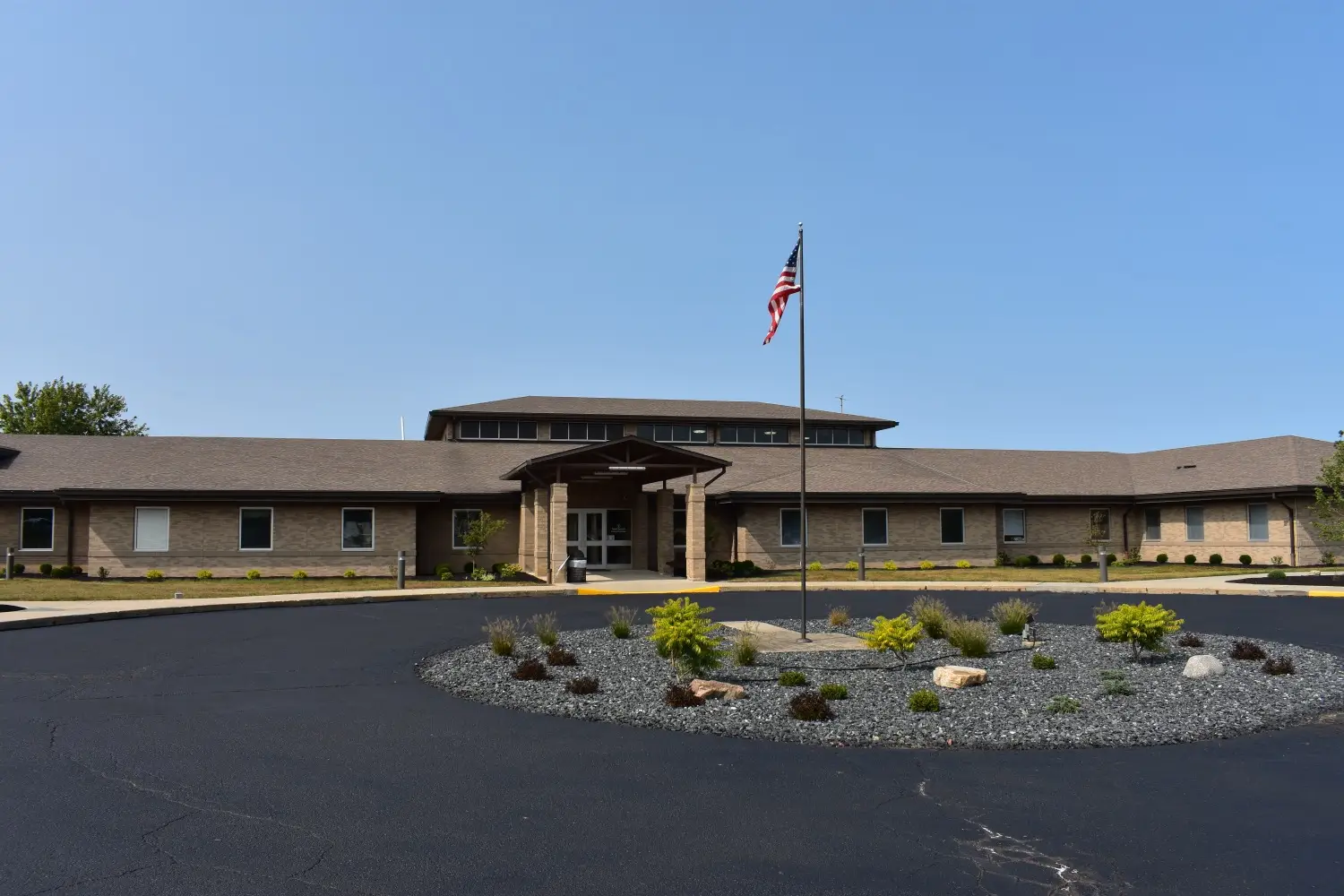Commonly Asked Questions About Treatment
Frequently Asked Questions

Admissions & Insurance
How do I start the admissions process?
Call our Evansville admissions team for a confidential screening. We’ll review your symptoms, safety needs, and treatment history, answer questions, and recommend the most appropriate level of care. If inpatient treatment is indicated, we’ll discuss next steps, availability, and what to expect on arrival.
Do you take my insurance, and can you verify benefits?
We work with many major insurers and can verify benefits and any pre-authorization requirements for you. During your screening, we’ll collect basic insurance information, explain estimated coverage and out-of-pocket costs, and review self-pay options if needed. Final coverage depends on your specific plan and clinical criteria.
How quickly can I be admitted?
Timelines depend on clinical urgency, bed availability, and insurance authorization. After your screening, our team expedites the process and keeps you updated. If you’re in immediate danger or experiencing a medical emergency, call 911 or go to the nearest emergency room; you can request that they coordinate with our team.
What should I bring, and can family be involved?
Please bring a photo ID, insurance card, a list of current medications/doses, and comfortable clothing. We’ll provide a simple approved-items list (some items are restricted for safety). With your consent, loved ones can participate in check-ins or family sessions and will be included in discharge planning to support a smooth transition to outpatient care in the Evansville area.
For Families & Loved Ones
How can I be involved in my loved one’s treatment?
With your loved one’s written consent, our team invites families to participate in updates, education, and—when clinically appropriate—family therapy sessions. You’ll learn practical skills (communication, boundaries, safety planning) and collaborate on discharge planning so home supports, follow-up care, and resources are in place.
How will I receive updates, and what about privacy (HIPAA)?
Your loved one’s privacy is protected by law. After they sign a Release of Information (ROI) naming you, we can share updates and coordinate care. A designated clinician will be your main contact and will schedule check-ins to review progress, goals, and next steps. Without an ROI, we can still receive information from you, but we cannot share clinical details.
Can we visit or send items?
Visitation is guided by clinical appropriateness and safety policies. Our admissions team will provide current visiting guidelines, approved items, and drop-off procedures (some items are restricted for safety). If in-person visits aren’t possible, we can often arrange phone or virtual connections to support recovery while maintaining a therapeutic environment.
What happens after inpatient care, and how can we help at home?
Discharge planning begins at admission. Together we build a step-down plan that may include PHP, IOP, outpatient therapy/psychiatry, medication management, and community resources in the Evansville area. You can help by supporting follow-up appointments, encouraging healthy routines, using the communication tools you’ve learned, and reviewing the safety/relapse-prevention plan with your loved one.

Additional Questions
What does a typical day in treatment look like?
Most days include a mix of individual therapy, clinician-led groups (CBT/DBT skills, psychoeducation, coping strategies), medication management when appropriate, and wellness activities. You’ll also have time for meals, rest, and reflection. Your exact schedule is personalized to your treatment plan and clinical needs.
How long will I stay, and how is discharge decided?
Length of stay varies by person—many stabilize in about 7–10 days, but timing depends on your progress, safety, and treatment goals. Your care team reviews your plan daily and collaborates with you (and family, with consent) to determine the safest, most appropriate discharge date.
What does aftercare include once I leave the program?
Aftercare is planned from day one. Your team helps coordinate step-down services such as Partial Hospitalization (PHP), Intensive Outpatient (IOP), or outpatient therapy/psychiatry; medication management and refills; safety and relapse-prevention planning; and referrals to community resources in the Evansville area. We aim to schedule your first follow-up appointments before you discharge.
How are families involved during treatment and aftercare?
With your written consent, loved ones can participate in updates, education, and family sessions. We provide guidance on communication, boundaries, and support at home, and include family in discharge planning so everyone understands the aftercare plan, warning signs, and how to access help if needs change.







